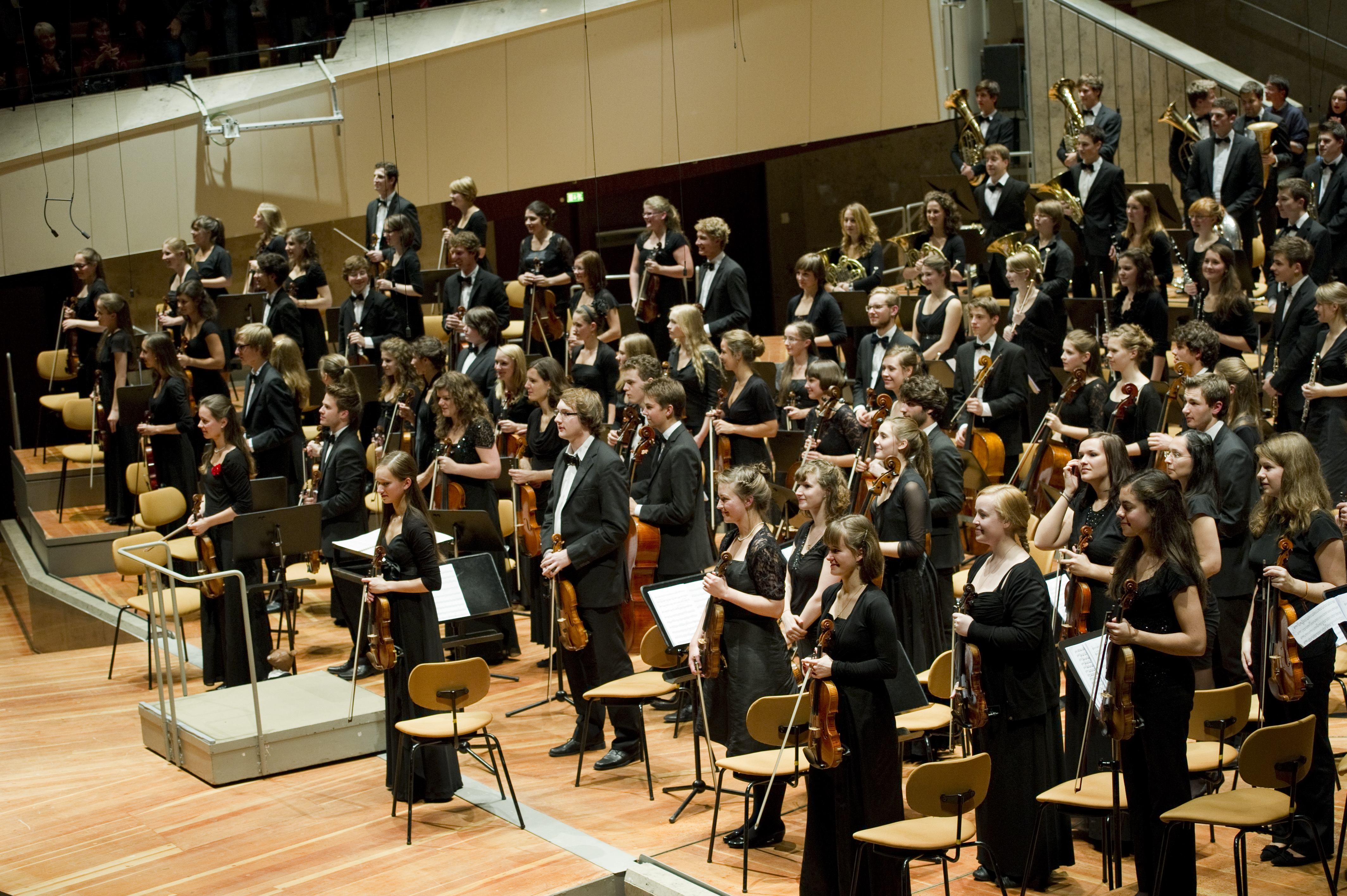History of Classical Music
- Introduction to Classical Music
- The Medieval Period (500-1400)
- The Renaissance Period (1400-1600)
- The Baroque Era (1600-1750)
- The Classical Period (1750-1820)
- The Romantic Period (1820-1900)
- The 20th Century (1900-2000)
- Modernism in Music
- Postmodernism in Music
- Women in Music
- Contemporary Music
- The Intersection of Classical Music & Pop Culture
The Intersection of Classical Music & Pop Culture
Classical Music in Modern Video Games

Broad tradition of Western art music.
Video games have come a long way since their inception, evolving from simple pixelated graphics and rudimentary sound effects to complex narratives and immersive audiovisual experiences. One of the most significant aspects of this evolution is the use of music, particularly classical music, to enhance the gaming experience.
The Evolution of Music in Video Games
In the early days of video games, technological limitations meant that music was often simple and repetitive. However, as technology advanced, so did the complexity and quality of video game music. The 8-bit tunes of the 1980s gave way to more sophisticated MIDI compositions in the 1990s, and by the 2000s, fully orchestrated scores became commonplace in major video game releases.
Classical Music in Contemporary Video Games
Today, classical music plays a crucial role in many video games. It is used to set the mood, enhance the narrative, and provide emotional depth. For instance, the "Elder Scrolls" series is known for its sweeping orchestral scores that transport players to its fantasy world. Similarly, the "Final Fantasy" series has long been celebrated for its rich, symphonic music that underscores the games' epic narratives.
In some cases, classical music is used in its original form. For example, the "Bioshock" series features licensed classical pieces to evoke a sense of time and place. In other cases, composers create original scores in the classical style. Austin Wintory's Grammy-nominated score for "Journey," for instance, is a beautiful example of contemporary classical music composed specifically for a video game.
The Influence of Video Games on Classical Music
The use of classical music in video games has not only enhanced the gaming experience but also influenced the genre itself. Video game music has become a legitimate subfield of classical music, with compositions being performed by major orchestras and ensembles around the world. Concerts like "Video Games Live" and "Distant Worlds: Music from Final Fantasy" draw large audiences, demonstrating the growing appreciation for video game music.
Moreover, video games have introduced classical music to new audiences. Many gamers, who might not otherwise listen to classical music, have developed an appreciation for the genre through their gaming experiences. This has led to a resurgence of interest in classical music, particularly among younger audiences.
In conclusion, the use of classical music in modern video games has significantly enhanced the gaming experience, influenced the classical music genre, and introduced the genre to new audiences. As video games continue to evolve, it is likely that the relationship between classical music and video games will continue to deepen and become even more complex.